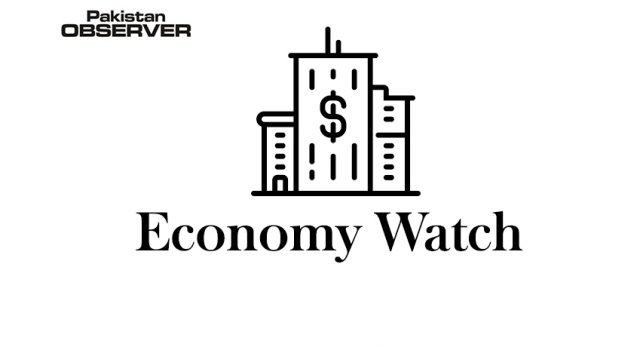Islamabad
The pro-active energy management is the need of hour for Pakistan to meet the emerging challenges in the energy sector.
The experts from energy sector said this while sharing their view with the participants of online webinar ‘Indicative Generation Capacity Expansion Plan (IGCEP) 2047 and the challenges’ organized by the Sustainable Development Policy Institute (SDPI), here on Tuesday, with support from the Institute of Policy Studies (IPS), the Rural Development Policy Institute, the World Wind Energy Association, and World Wide Fund for Nature-Pakistan (WWF-Pakistan), said a press release issued here. Simon Nicholas, representing Institute for Energy Economics Analysis, shared with the participants that although the plan took into account both energy and economic impacts.









